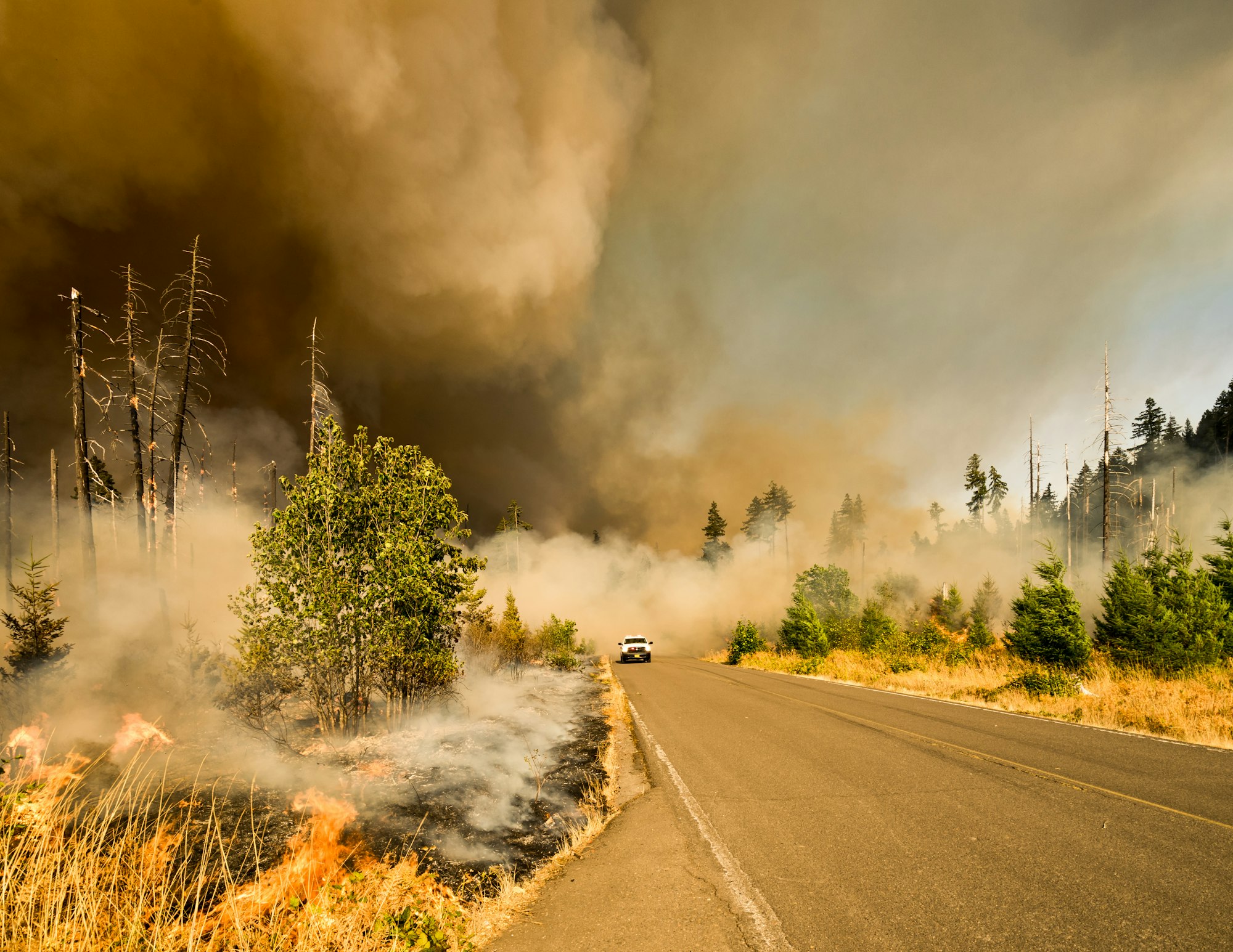Our Relationship to Wildfires
“Whatever you resist will not only persist, but will grow in size.”

Earlier this month, I took a four-week online course on wildfires in the American west. Nothing to do with Uncharted, but as a Colorado denizen and western-state enthusiast, I wanted to learn from experts on how our approach to firefighting is evolving in an age of climate change. I learned many things (for example, 1. We put out 98% of fires within 24 hours, and it is the 2% that turn into “major events.” 2. There are actually more wildfires in the Eastern US than in the Western US.).
But my biggest takeaway from this course was the idea that our relationship to fire is the biggest problem. Our posture towards wildfire is one of antagonism: we literally call them “firefighters,” and we are in the business of fighting, protecting, and defending against wildfires. Numerous experts advised that we need to reset our relationship to wildfires by embracing fire and using it to our advantage. How might we use the 98% of fires that don’t turn into major events to manage the forest and mitigate larger conflagrations? This mitigation approach borrows from the Indigenous relationship to fire, which didn’t take an antagonistic approach, but instead found cultural and environmental value in letting the forest burn.
When fire is respected and embraced, it has the potential to be a positive influence on forest ecology. Fire suppression practices are shifting to embrace a more symbiotic relationship, but we’re still largely stuck in an antagonistic posture. We don’t think of Carl Jung as an expert in wildfires, but his psychological axiom applies to fires too: “Whatever you resist will not only persist, but will grow in size.”
